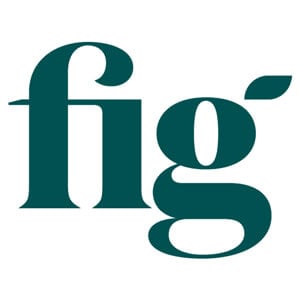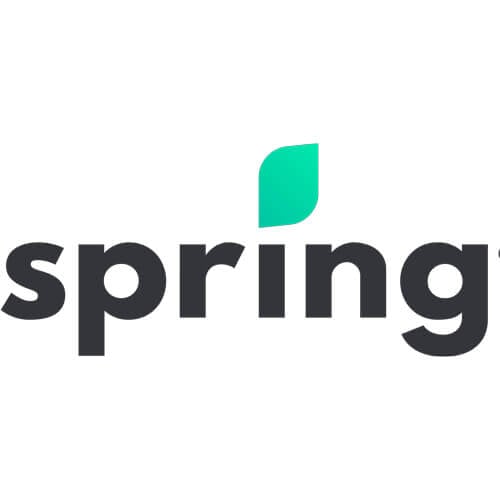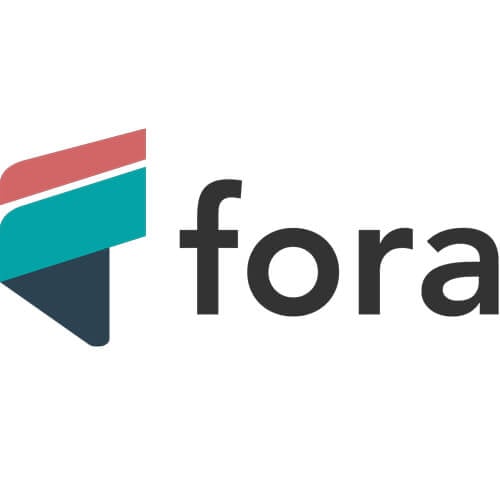How to build credit history in Canada
Your credit score matters when you apply for a credit card, apartment lease or loan in Canada. Here’s how to improve your credit history as a newcomer or young adult.
Advertisement
Your credit score matters when you apply for a credit card, apartment lease or loan in Canada. Here’s how to improve your credit history as a newcomer or young adult.

In Canada, a credit history is a person’s track record of using credit (borrowing money) and repaying debt. Your credit history can affect many aspects of your financial life—from getting approved for a credit card or renting an apartment to taking out a mortgage or a car loan, among other things. In some instances, even potential employers may check your credit report (a summary of your credit history).
If you’re a newcomer to Canada, a recent graduate, a student or a young adult, your credit score—a number calculated based on your credit history—is likely low or non-existent, meaning that you don’t have enough credit activity to even determine a score. One of the most beneficial things you can do for your financial health is to learn how to build your credit history in Canada.

Home Trust Secured Visa Card

MBNA True Line Mastercard credit card

Secured Neo Mastercard
Since Canada is a credit-based economy, creditors (banks, financial institutions, credit card issuers and other lenders) need a way to gauge how likely you would be to pay back what you owe or borrowed in a reliable and timely manner. For this, the credit score system has been devised. Your credit score is a three-digit number from 300 to 900, which aims to quantify your creditworthiness. The higher the number, the better your credit.
In under 60 seconds, get matched with a personalized list of loan providers based on your needs and approval likelihood. No SIN required.
Here are some instances when lenders, companies and institutions may check your credit report:
While many people focus on their credit score—and strategize about how to increase it—the more beneficial way to think about credit is to focus on how credit history is built. And, if you take the steps to build your credit history systematically, your credit score will also likely improve as a result.
Read: How to build a credit history while renting in Canada
A credit score is a three-digit number (from 300 to 900) that reflects how well someone manages credit—for example, whether they make loan payments or pay credit card bills on time. The higher your score, the more creditworthy you are considered to be. Your score is based on your credit report, which is stored and updated by Canada’s national credit bureaus, Equifax and TransUnion, based on your financial actions.
Read the full definition in the MoneySense Glossary: What is a credit score?
Who determines your credit score? Canada has two main credit bureaus, which monitor your credit history: TransUnion and Equifax. Here’s how they calculate your credit score—the various criteria used and how much weight each one carries:
| Scoring criteria | Weighting | How it works | MoneySense tip |
|---|---|---|---|
| Payment history | 35% | Whether you’ve made your payments on time. Missed or delayed payments will lower your score. | Always make timely payments. |
| Credit utilization | 30% | The amount of credit you use divided by the total credit available to you—expressed as a percentage. | Try to use under 30% of your total credit limit. |
| Credit history | 15% | The average age of all your open Canadian credit accounts—such as credit cards, mortgage(s), lines of credit. | When possible, don’t close old accounts like credit cards. |
| Types of credit | 10% | The more diverse your credit accounts, the better your credit score. Types of credit include loans, credit cards and lines of credit, among others. | Get diverse types of credit without over-extending your finances. |
| Credit inquiries | 10% | Refers to how often a credit provider asks a credit bureau to access your credit report—the more inquiries, the lower your score. | Only apply for credit that you truly need or that benefits you. |
Note that TransUnion and Equifax have different formulas for the credit scores they produce, which they don’t publicly disclose. If you check your credit score with both, the numbers can be different.
Read more:
Well, you apply. But make sure you’re applying for the right card and that you have a high chance of being approved. You see, the credit card company will check your credit history, and that can affect your current credit score. So, don’t apply for a bunch and hope for the best, as that could make it look like you are at risk for having access to too much credit. The good news: There are many types of credit cards in Canada, including those for newcomers to Canada, students and even those with bad or no credit. Check out our rankings for the best credit cards in Canada for your situation.
Once you have a credit card you will want to maintain good credit habits, like paying it off on time and paying more than the required minimum payment. Here are some other articles that will help you navigating your first credit card in Canada.
Read:
Say you want to rent an apartment. Your credit history is vital because most landlords will want to see your credit score and credit report to judge whether you’ll pay your rent on time. If you get the apartment, you’ll want an internet connection—and for this, too, the large providers will query your credit score.
If you need to buy or lease a car, your credit history will not only determine whether you’re approved for a loan, but also what interest rate you’re offered: the higher your credit score, the lower the interest rate. Insurance companies may check your credit history before providing coverage. And finally, if you want to buy a home, your credit history is key to qualifying for a mortgage, as well as what mortgage interest rates lenders will offer. A lower rate could save you tens of thousands of dollars over the life of your mortgage.
Read:
Credit history is usually built organically as people start using credit. In Canada, young people who have reached the age of majority (18 or 19, depending on where they live) can apply for a credit card and start building a history of borrowing and repayment.
If you’re a newcomer to Canada, or if you’re a student, recent grad or young adult who doesn’t have much of a credit history, your credit score may be low—which is a hurdle in getting approved for credit. It’s a frustrating cycle—you need credit history to access credit, and you need credit to build that history. So, what’s the solution? Here are a few steps anybody can take to build their credit history:

Apply for a personal loan with a 8.99% to 29.49% APR. Plus, 100% online application and no early repayment fees.

Apply for a personal loan with a 9.99% to 35.00% APR. Plus, fast e-transfers and no hit to your credit score when you apply.

Apply for a personal loan with a 19.90% to 34.90% APR. Plus, fast funding (as soon as the same business day). Not available in Quebec, PEI, Manitoba, Newfoundland and Labrador, Northwest Territories, Nunavut and Yukon.
Using a credit card is an effective way to build a credit history (as long as you pay your bill on time), but it’s not your only option. You can also build a credit history using a line of credit, which is a type of loan with a pre-set limit. Once your line of credit is set up with a bank or other lender, you can borrow money from it anytime.
A line of credit (LOC) is a revolving loan with a predetermined maximum and interest rate set by the lender. You pay interest only on what you borrow. You can use the money for anything you like, and you can pay it back and borrow again anytime. LOCs have two types: secured and unsecured.
Read the full definition in the MoneySense Glossary: What is a line of credit?
Read: Does it make sense to use a line of credit to pay off credit card debt?
Building your credit history little by little will help you take control of your financial future in Canada. Even if you don’t have a credit history at the moment, or if your credit score has suffered for any reason, there are ways to build it. With credit-building products, consistent payments and some good old financial discipline, you can build or rebuild your credit history—and take advantage of the opportunities a good credit score can make possible.
Read:
Share this article Share on Facebook Share on Twitter Share on Linkedin Share on Reddit Share on Email